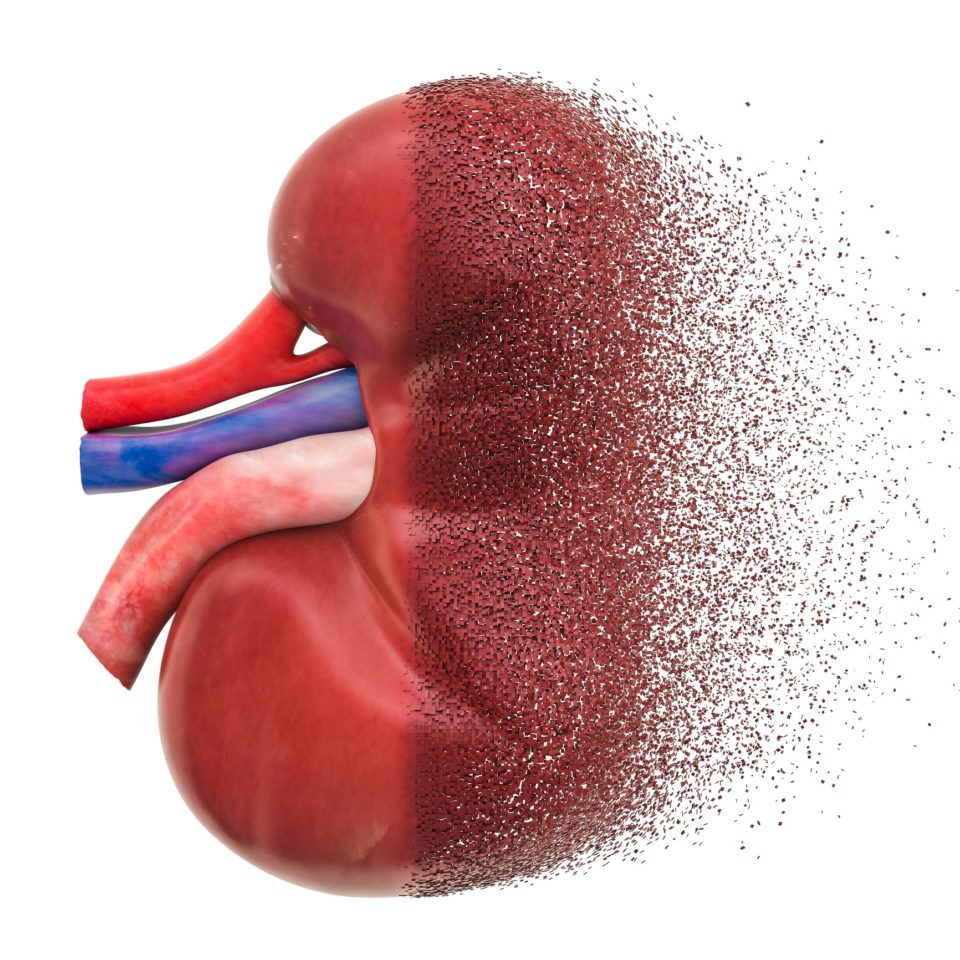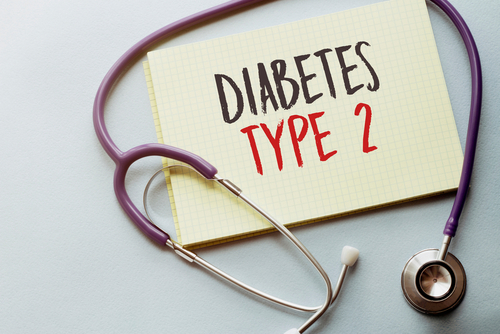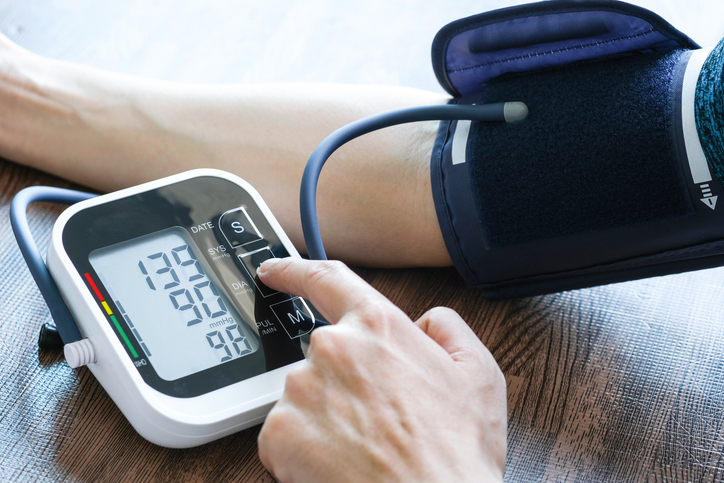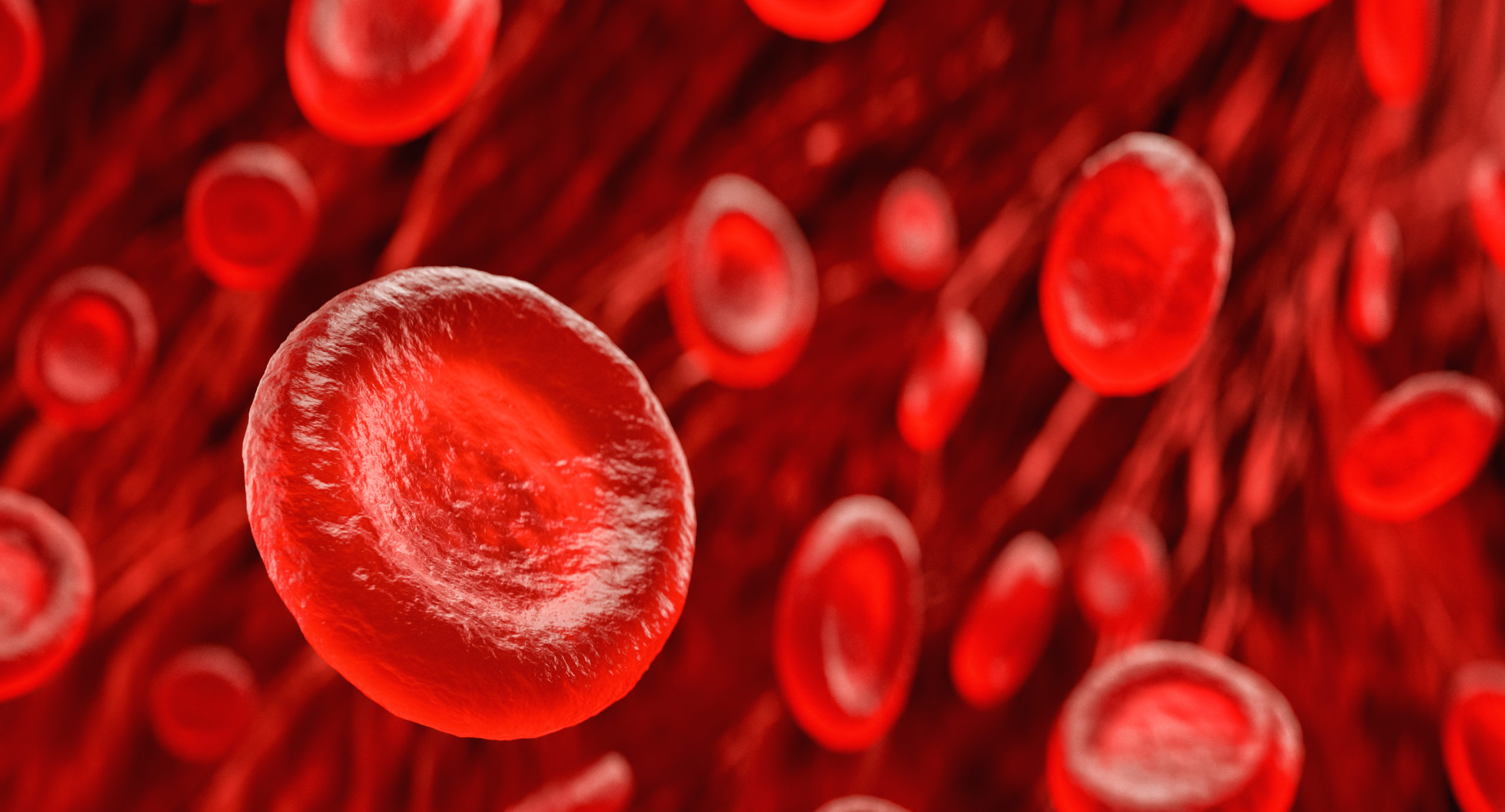
In patients with type 2 diabetes, ectopic fat is a major pathogenic factor. According to Niels Sondergaard Heinrich, MD, and colleagues, the kidneys may be susceptible to ectopic fat and its lipotoxic effects. Results of a few small studies, using magnetic resonance methods, have suggested that intra-kidney fat may be slightly higher in patients with type 2 diabetes and possibly even higher in patients with concomitant chronic kidney disease (CKD).
The researchers conducted a cross-sectional study to examine the reproducibility of those findings. Results were reported during a poster session at the American Society of Nephrology Kidney Week 2022 in a poster titled Kidney Fat by Magnetic Resonance Spectroscopy in Type 2 Diabetes and Diabetic Kidney Disease (poster TH-PO229).
The study cohort included 50 adults with type 2 diabetes and CKD, 27 with type 2 diabetes and no CKD, and 29 without type 2 diabetes or CKD. CKD was defined as urine albumin creatinine ratio ≥30 mg/g. Magnetic resonance spectroscopy using a 3 Tesla MRI scanner with a single voxel point resolved spectroscopy sequence was used to assess fat content in the kidney parenchyma. Echo time was 40 ms; repetition time was 3000 ms.
In preliminary MRS data, median intra-kidney triglyceride content was 1.1% in the type 2 diabetes and CKD group, 1.0% in the type 2 diabetes but no CKD group, and 1.7% in the no CKD and no type 2 diabetes group. In linear regression analyses, following adjustment for age and sex, there were no associations between groups and triglyceride content.
In conclusion, the researchers said, “In type 2 diabetes with or without CKD we found no trend toward higher intra-kidney fat when evaluated by MRS, despite higher body mass index. Intra-kidney fat content was generally minuscule, making differences difficult to detect. The use of sodium-glucose cotransporter-2 inhibitors and glucagon-like peptide-1 receptor agonists, mostly among type 2 diabetes participants with CKD, may have affected the results as these agents may reduce ectopic fat. It is also possible that lipid species other than triglyceride differ across the three groups.”







 © 2025 Mashup Media, LLC, a Formedics Property. All Rights Reserved.
© 2025 Mashup Media, LLC, a Formedics Property. All Rights Reserved.